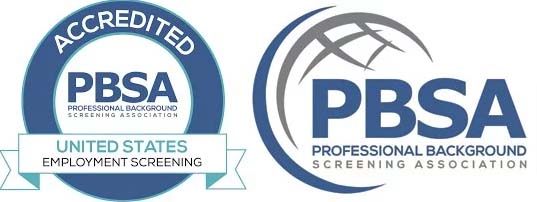More and more companies are using employment background checks to screen applicants before hiring. If you are new to the process, you might be wondering how far back these checks go. This question doesn’t have a simple answer. An advanced background check is made up of several parts with their own unique rules. If you plan to precheck the background of potential hires, here is what you should know.
How Far Back Sources Keep Their Records
Some checks look for current status, such as social security records, license checks, and credit reports. Each source offers information of varying age, but they focus mainly on current information. County criminal records will uncover several years of information. Felony records are normally kept longer than other offenses. If you are looking for employment verification, typically, this information goes back as far as the applicant was employed by that particular employer. Education verifications are normally available for every year the institution has been in operation.
How Dated is the Information Being Passed on to the Employer
An advanced background check is regulated by the federal law Fair Credit Reporting Act, which limits the information a third party can pass on to an employer. Bankruptcy cases older than 10 years cannot be admitted, as well as tax liens, civil suits, and collections older than seven years. Arrest records and any other adverse information, aside from records of convictions, that are older than seven years are also inadmissible. If you are offering a position that pays more than $75,000 a year, these rules may not apply. Some states may have stricter regulations than the federal law.
How Old the Information Can Be That an Employer Uses
What information can an employer use once it has the records in hand? You should only use information related to the specific job requirements of your particular offered position, and only from a relevant time period. Just because a person made a mistake in the past does not mean they haven’t changed as they have gotten older. However, if the applicant lies about the information, that is a current problem. Remember that it is illegal to use background check information against someone based solely on race, national origin, color, sex, religion, disability, genetic information, or age. State and federal laws limit the use of some information when you precheck the background of a potential employee based on the age of that information. For example, criminal conviction information is regulated by the EEOC.
If you are interested in obtaining background checks on potential hires, don’t go it alone. Hire a company that works within federal and state regulations to provide you with the most extensive and current information.
Contact Edge Information today for a free demo and learn about our technology integrations with leading applicant tracking systems.
edgeinformation.com | 800-725-3343 |info@edgeinformation.com











